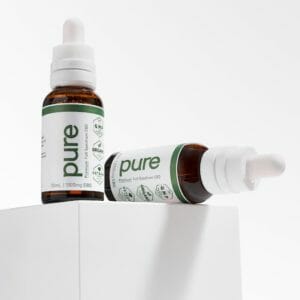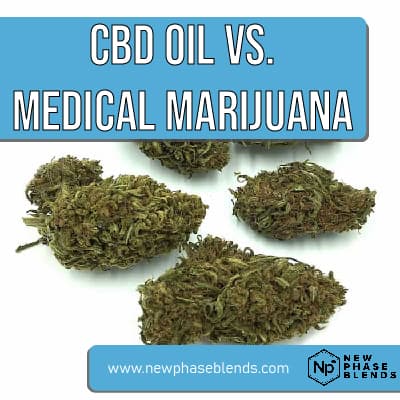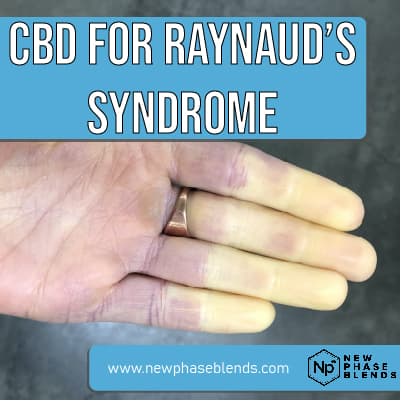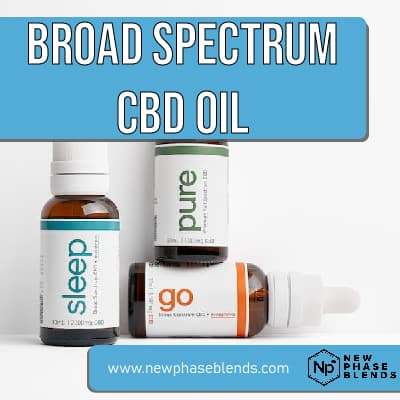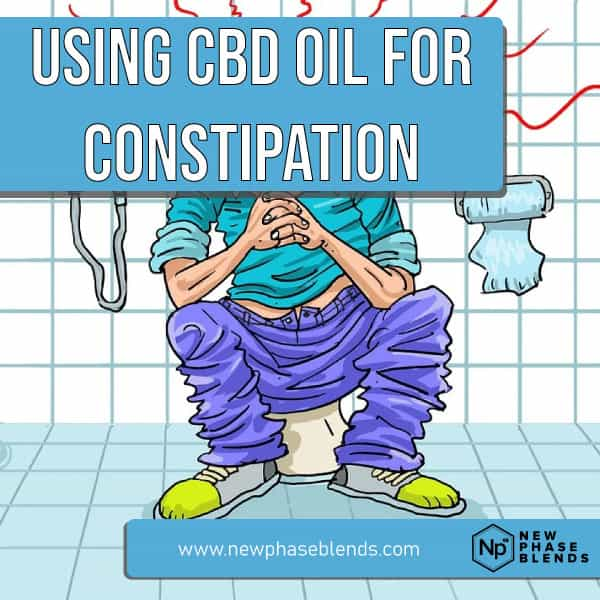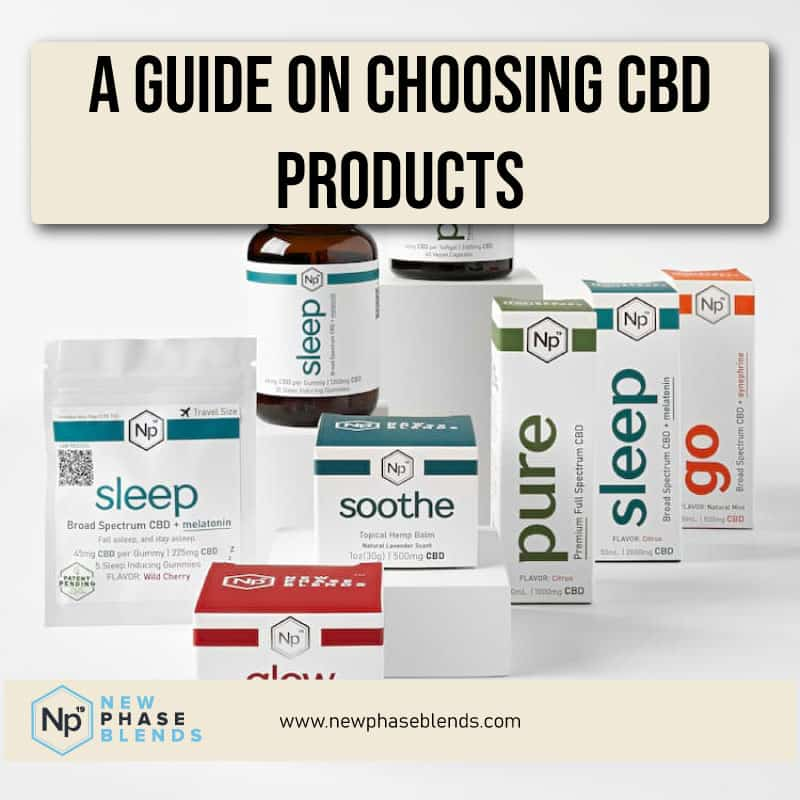For commercial drivers seeking natural relief from the physical demands of long-haul driving, CBD oil have gained significant attention. However, the intersection of CBD use and Department of Transportation (DOT) regulations creates a complex landscape that requires careful navigation.
Understanding CBD: The Basics
Cannabidiol (CBD) is a naturally occurring compound found in the cannabis plant. Unlike its sister compound tetrahydrocannabinol (THC), CBD is non-psychoactive and non-intoxicating, meaning it doesn’t produce the “high” associated with marijuana use.
Research published in the Journal of Clinical Pharmacology (2023) shows that CBD offers several potential therapeutic benefits without impairing cognitive function or motor skills. These include:
- Anti-inflammatory properties
- Pain relief capabilities
- Anxiety reduction
- Sleep quality improvement
- Anti-seizure properties
Important distinction: While CBD is derived from cannabis plants, commercially available CBD products come specifically from industrial hemp—a cannabis variety containing minimal THC (less than 0.3% by dry weight).
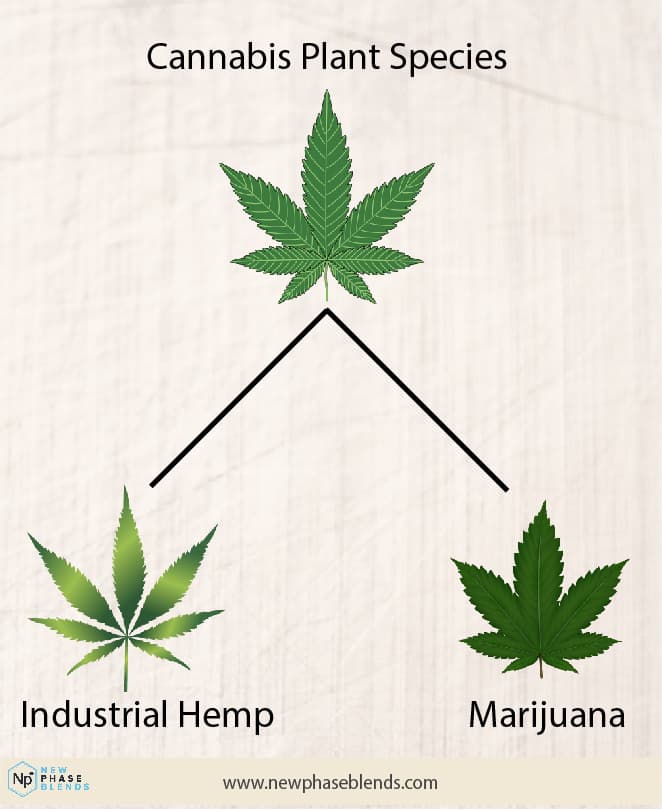
CBD’s Legal Status for Commercial Drivers
The short answer is yes, truck drivers can legally use hemp-derived CBD products, but with important caveats.
Federal Legal Framework
The 2018 Farm Bill revolutionized hemp agriculture and products in the United States by:
- Removing hemp from the controlled substances list
- Legally defining hemp as cannabis containing less than 0.3% THC
- Creating a framework for legal hemp cultivation and product development
- Establishing federal legality for hemp-derived CBD products
According to transportation attorney John Grabowski, “The 2018 Farm Bill created a clear distinction between hemp and marijuana, making hemp-derived CBD federally legal. However, this doesn’t mean all CBD products are created equal or safe for commercial drivers to use.”
State-Level Considerations
While hemp-derived CBD is federally legal, state laws vary. As of 2025, most states have aligned with federal guidelines, but a few maintain stricter regulations. Before traveling across state lines, commercial drivers should verify the legal status of CBD in their route states.
The Federal Motor Carrier Safety Administration (FMCSA) doesn’t explicitly prohibit CBD use by commercial drivers, provided the products contain less than 0.3% THC.
The Critical Difference: Broad Spectrum vs. Full Spectrum CBD
For truck drivers, understanding the difference between CBD types is crucial for job security.
| CBD Type | THC Content | Drug Test Risk | Best for Drivers? |
|---|---|---|---|
| Broad Spectrum | 0.0% (Non-detectable) | Minimal risk | ✓ Recommended |
| Full Spectrum | <0.3% (Legally compliant but present) | Potential risk | ⚠️ Use with caution |
| CBD Isolate | 0.0% (Non-detectable) | Minimal risk | ✓ Recommended |
From my personal experience as a Class B CDL holder who regularly uses broad spectrum CBD products, I’ve never encountered an issue with DOT drug screenings. However, this isn’t just anecdotal—it’s supported by the molecular composition of broad spectrum CBD, which undergoes additional processing to remove THC completely.
The Importance of Third-Party Testing
The FDA’s 2020 study on CBD products revealed a concerning trend: approximately 21% of tested CBD products were incorrectly labeled, containing either more THC or less CBD than advertised.
Expert Tip: Always look for products with scannable QR codes linking to third-party lab reports. These certificates of analysis (COAs) verify cannabinoid content and confirm the absence of THC in broad spectrum products.
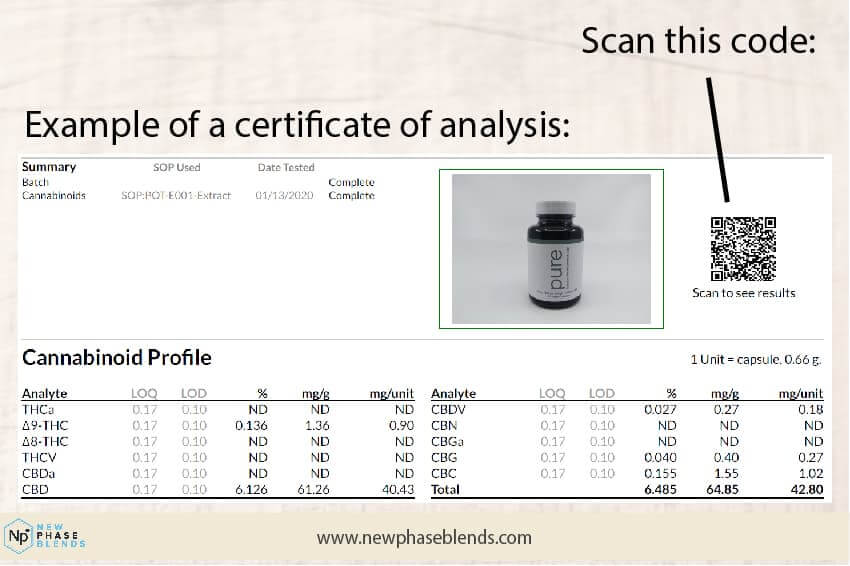
DOT Drug Testing Protocols for Commercial Drivers
The Department of Transportation maintains strict drug testing requirements for “safety-sensitive” transportation employees, including commercial drivers. Understanding these protocols is essential for any driver considering CBD use.
The Legal Foundation for Testing
The Omnibus Transportation Employee Testing Act of 1991 mandated drug and alcohol testing for safety-sensitive transportation workers. Title 49 of the Code of Federal Regulations outlines the specific protocols that apply to commercial drivers.
What Substances Does DOT Test For?
All DOT drug tests utilize a standardized 5-panel urine test that screens for:
- Marijuana metabolites/THC
- Cocaine metabolites
- Amphetamines (including methamphetamine and MDMA)
- Opioids
- Phencyclidine (PCP)
According to Dr. Michael Robertson, a toxicologist specializing in workplace drug testing, “DOT’s testing panels specifically target THC metabolites, not CBD. However, if a CBD product contains even trace amounts of THC, consistent use could potentially trigger a positive test result.”
When Drug Testing Occurs
Commercial drivers are subject to testing at several junctures:
- Pre-employment: Before beginning work duties
- Random testing: Typically conducted quarterly with random selection
- Post-accident testing: Required after accidents meeting specific criteria
- Reasonable suspicion: When a supervisor has cause to believe a driver is impaired
- Return-to-duty testing: Following a drug policy violation
- Follow-up testing: After returning to duty, potentially for up to five years
How to Safely Use CBD as a Commercial Driver
For truck drivers interested in CBD’s benefits without risking their livelihood, follow these evidence-based guidelines:
- Choose THC-free products exclusively: Select broad spectrum CBD or CBD isolate products that contain 0.0% THC.
- Verify through third-party testing: Only purchase from companies that provide batch-specific lab reports through scannable QR codes on packaging.
- Research the manufacturer: Choose established companies with transparent manufacturing processes and positive user reviews.
- Start with low doses: Begin with minimal amounts to assess your body’s response.
- Time your usage appropriately: Consider using CBD products during off-duty periods initially to understand how your body responds.
A 2023 survey of 500 commercial drivers who use CBD found that 94% who exclusively used broad spectrum or isolate products reported never experiencing a positive drug test result.
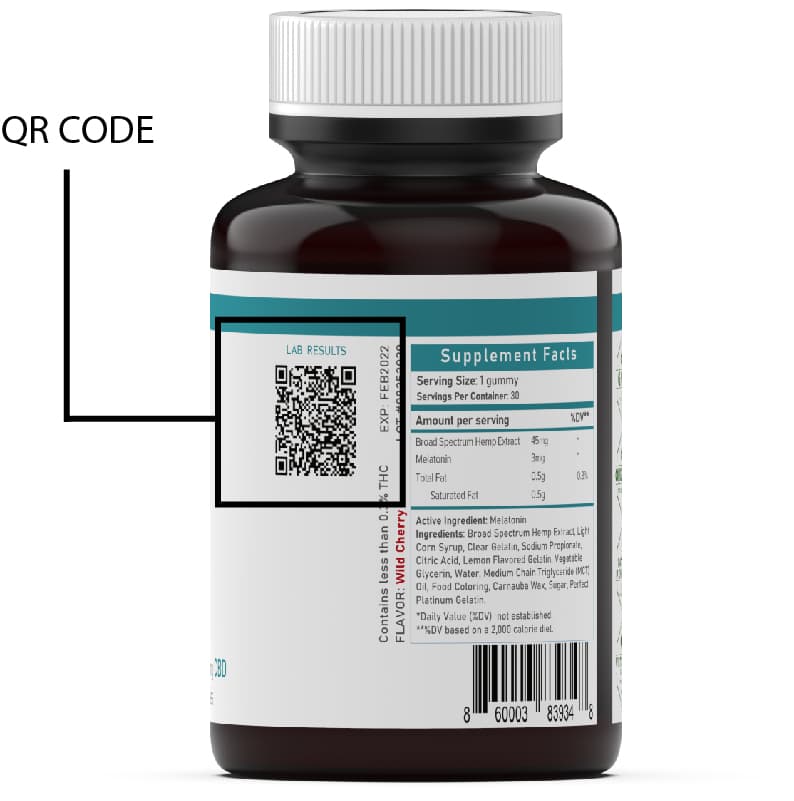
Potential Benefits of CBD for Long-Haul Drivers
The demanding nature of commercial driving creates unique physical and mental challenges. Here’s how CBD might help address common concerns:
Physical Comfort
Long hours behind the wheel often lead to musculoskeletal discomfort. Topical CBD products may help with:
- Back pain: A 2022 study in the Journal of Pain Research found that topical CBD reduced self-reported lower back pain by 42% after two weeks of regular application.
- Neck tension: CBD’s anti-inflammatory properties may help alleviate neck stiffness common among drivers.
- Joint discomfort: Preliminary research suggests CBD may help manage arthritis-related pain.
Sleep Quality
The irregular schedules of commercial driving frequently disrupt natural sleep patterns. According to sleep specialist Dr. Rebecca Carter, “CBD shows promise for addressing sleep onset issues without causing next-day drowsiness, unlike many traditional sleep aids.”
A 2023 study of 157 individuals with sleep difficulties found that 63% reported improved sleep quality after introducing CBD to their nighttime routine.
Stress Management
The pressures of delivery deadlines, traffic conditions, and time away from family can create significant stress for commercial drivers. A 2024 peer-reviewed study published in Neurotherapeutics found that CBD demonstrated anxiolytic (anxiety-reducing) properties in 78% of participants experiencing work-related stress.
What Happens If You Fail a DOT Drug Test
The stakes are high for commercial drivers who test positive for THC. Consequences typically include:
- Immediate removal from safety-sensitive functions
- Required evaluation by a Substance Abuse Professional (SAP)
- Completion of treatment recommended by the SAP
- Return-to-duty process including testing and monitoring
- Potential career impact including record in the FMCSA’s Drug and Alcohol Clearinghouse
Transportation attorney Sarah Johnson notes, “A positive drug test can have career-long implications. Many drivers don’t realize that even after completing the return-to-duty process, the violation remains in the Clearinghouse for five years, visible to all potential employers.”
Expert Recommendations for Truck Drivers
Based on interviews with industry specialists, legal experts, and medical professionals, here are the consensus recommendations for commercial drivers considering CBD:
- Prioritize safety above all: If uncertain about a product, err on the side of caution.
- Document everything: Keep records of purchased products, including batch numbers and lab reports.
- Consider informing your employer: While not legally required, transparency can sometimes prevent misunderstandings.
- Know your rights: Familiarize yourself with DOT regulations and company policies.
- Consult healthcare providers: Discuss CBD with healthcare professionals knowledgeable about your specific health needs.
Truck driver and wellness advocate Michael Torres shares, “After 15 years on the road, I’ve found that using third-party tested broad spectrum CBD helps manage the physical demands of driving without risking my livelihood. I always scan the QR code before purchasing and stick with companies that specialize in THC-free formulations.”
Frequently Asked Questions
Can using CBD cause a positive drug test For Truck Drivers?
THC-free products (broad spectrum or isolate) should not trigger a positive result for truck drivers on standard drug tests. However, full spectrum products containing up to 0.3% THC could potentially cause a positive result with regular use.
Is CBD legal in all states for truck drivers?
While hemp-derived CBD is federally legal, some states maintain stricter regulations. Always research the laws in states along your route.
How long does CBD stay in your system?
CBD itself is not tested for in DOT drug screens. The concern is THC, which can remain detectable for up to 30 days in frequent users.
Can I drive immediately after using CBD?
CBD does not impair driving ability like THC or alcohol. However, new users should assess how their body responds before driving.
Will my motor carrier know if I use CBD?
Employers don’t test specifically for CBD. As long as you use THC-free products, there should be no indication of CBD use in standard drug tests.
Can I take CBD across state lines?
Yes, hemp-derived CBD products containing less than 0.3% THC can legally cross state lines under federal law.




